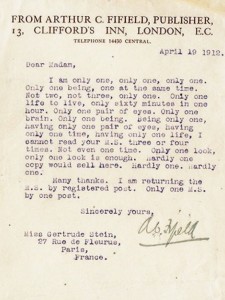We pride ourselves at 21C on getting most of our information right – factually and grammatically. But as Glenn often reminds us: only Allah is perfect. And perfect today’s press release about Anna Netrebko certainly wasn’t, as a journalist rightly pointed out to me this afternoon.
Can you spot the mistake? http://www.21cmediagroup.com/mediacenter/newsitem.php?i=651 [Oh – it’s been fixed. – Ed]
I’ll give you the paragraph in question.
“The first in a trilogy of operas Gaetano Donizetti wrote about the Tudor period (Maria Stuarda, named after Mary, Queen of Scotts, and Roberto Devereux, about the reputed lover of Elizabeth I, are the other two), Anna Bolena follows the tragic demise of Anne Boleyn, the second wife of Henry VIII who literally lost her head because she could not bare the King a male heir. The soprano role is considered one of the most challenging in the bel canto repertoire, making the opera difficult to cast and rarely performed. The fall 2011 production at the Met, which is staged by David McVicar and also stars Garanca as Giovanna, in fact marks the work’s Met premiere.”
Brownie points if you can spot more than one mistake …











